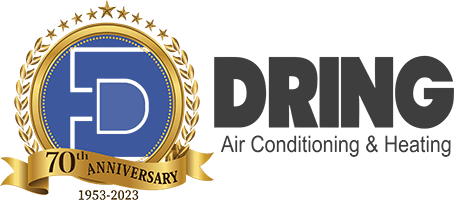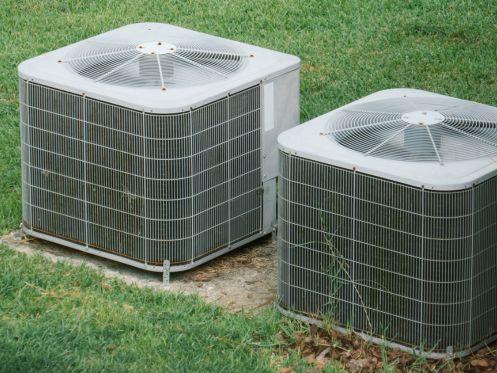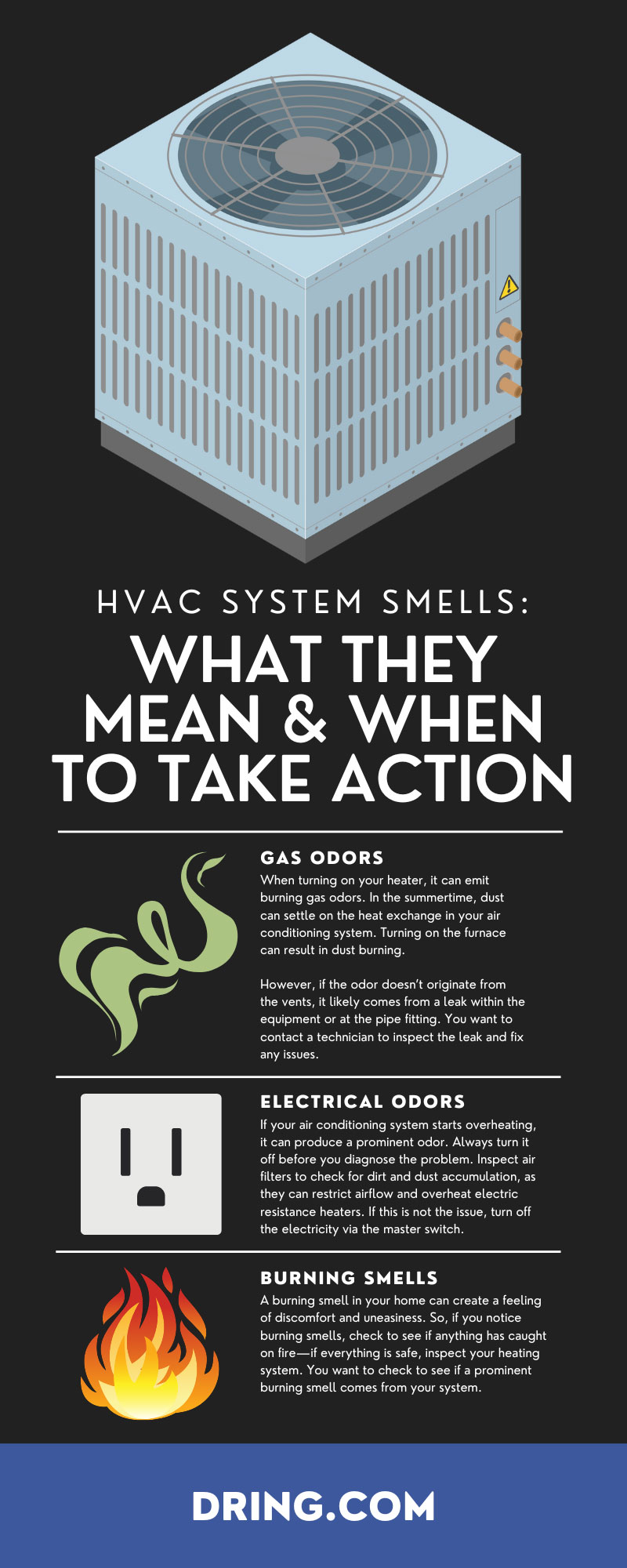Unwanted odors coming from your HVAC system can result in stress and fear. Every homeowner should learn about the various HVAC system smells, what they mean, and when to take action so they can get back to their normal household routines.
Common HVAC Odors
So, what common air conditioning and heating system odors can occur in your home? Let’s look at the various odors and their causes to help you stay ahead and take care of them immediately.
Rotten Egg Smell
The smell of rotten eggs can be an unpleasant odor in your home. It’s an unmistakable sulfuric smell. Many natural gases have artificial scents added to help homeowners detect dangerous gas leaks since gases can otherwise be odorless.
If you notice sulfur or rotten egg smells in your home coming from your air conditioning unit, it could be a sign of a gas leak. Carbon monoxide poisoning can cause severe health issues, and natural gas is flammable. Open your windows immediately and leave the house—follow up by calling your utility company to identify the source and repair the issue as quickly as possible.
Gas Odors
When turning on your heater, it can emit burning gas odors. In the summertime, dust can settle on the heat exchange in your air conditioning system. Turning on the furnace can result in dust burning.
However, if the odor doesn’t originate from the vents, it likely comes from a leak within the equipment or at the pipe fitting. You want to contact a technician to inspect the leak and fix any issues.
Electrical Odors
If your air conditioning system starts overheating, it can produce a prominent odor. Always turn it off before you diagnose the problem. Inspect air filters to check for dirt and dust accumulation, as they can restrict airflow and overheat electric resistance heaters. If this is not the issue, turn off the electricity via the master switch.
You want a professional to inspect and check for any problems. Electrical odors often result from wiring or motor issues, and attempting to fix it yourself can result in severe injuries and problems.
Sewage Odors
The smell of sewage is one of the worst odors that can occur in your home. If it originates from your air conditioning unit, this could be a cause for concern. If it’s coming from your air conditioning ductwork, your vents and ducts can easily spread the smell throughout your home; pinpoint the leak’s source and address it immediately.
Burning Smells
A burning smell in your home can create a feeling of discomfort and uneasiness. So, if you notice burning smells, check to see if anything has caught on fire—if everything is safe, inspect your heating system. You want to check to see if a prominent burning smell comes from your system.
If the smell comes from your heating system, it could result from a problem with the fan or other parts. The smell can spread through the ductwork and worsen, so call an air conditioning professional to inspect and fix your unit right away.
How To Eliminate HVAC Odors
Now that you are more familiar with the various air conditioning and heating system odors, let’s review some tips on how to eliminate them. With a bit of work, your home’s air quality and smell will improve significantly.
Unclog the AC Condensate Drain Line
The condensate drain line allows excess moisture to drain from the air conditioning unit into a moisture collection pan. However, water can’t drain properly when a clog occurs in your condensate drain line, resulting in collection pan backup. As a result, mold and mildew growth occurs, creating an unwanted smell.
If you notice water pooling in your condensate drain line system, you can use a wet vac to help remove the excess water. If the wet vac has enough suction, it can remove anything stuck in the drain pipe. However, if your wet vac isn’t helping and clogging still occurs, hiring a professional would be the next step.
Clean the Evaporator Coils
Evaporator coils are a crucial part of your air conditioning system, as they’re main components of the cooling process. Unfortunately, evaporator coils can become dirty over time and begin harboring mildew and mold. As such, you will need an effective evaporator coil cleaning solution to keep it clean.
You want to remove the access panel and vacuum up debris and dirt with your vacuum hose attachment by removing dirt, debris, and dust from the coils. Follow up by checking for bent fins and repair them with a fin comb or screwdriver, then remove fins by loosening hex screws. Clean the coils by spray-cleaning them and wiping away the product with a clean cloth. You also want to clean the collection pan. Finally, reassemble everything and turn on the air conditioning system to check for remaining odors.
Use Duct Filter Pads
While many air conditioning odors remain harmless, their persistence can create annoyance, and it can take forever to determine the cause. If you’ve tried everything and made no progress, duct filter pads make for an easy fix.
Your air conditioning system’s duct filter pads fit neatly into your vent covers. You can easily find duct filter pads at your local home improvement store. You want to find your duct vent’s shape and size, then install your new filter pads by unscrewing your vent covers. You then place the pad underneath and screw the vents back to their original places.
Clean or Replace AC Air Filters
One tip for taking action against HVAC system smells is to install fresh AC air filters in your unit. Dirty, old air filters in your heating and air conditioning system can be the culprit for emitting unusual odors in your home. Luckily, you can easily clean and change your air filters.
As air filters collect dirt and dust in the air conditioning and heating ductwork, they remove contaminants from the air you breathe daily. Checking and maintaining your air filters is crucial, as debris can build up and decrease airflow, creating a breeding ground for excess moisture and mold growth. Remove your air filters and use a vacuum to clean away excess dirt and dust. Afterward, you can wipe the area with a clean dusting cloth to remove the remaining dust before installing new filters.
Hire a Professional Cleaner
Hiring a professional can do the trick when you don’t want to rely on these DIY methods of cleaning your air conditioning and heating system. If you notice an unpleasant rotting odor, the pros can help remove invasive pests and critters from your air conditioning system. Professional duct cleaners can help resolve the issue, reducing the risk of diseases and other invasive pathogens entering your home.
Dring Air Conditioning and Heating has offered its expertise to homes in the Carrollton, TX, area for decades. Our AC repair in Carrollton, TX, provides 24/7 services and customer service to ensure your AC unit works optimally once more. If you have any questions about our services, contact us today.








